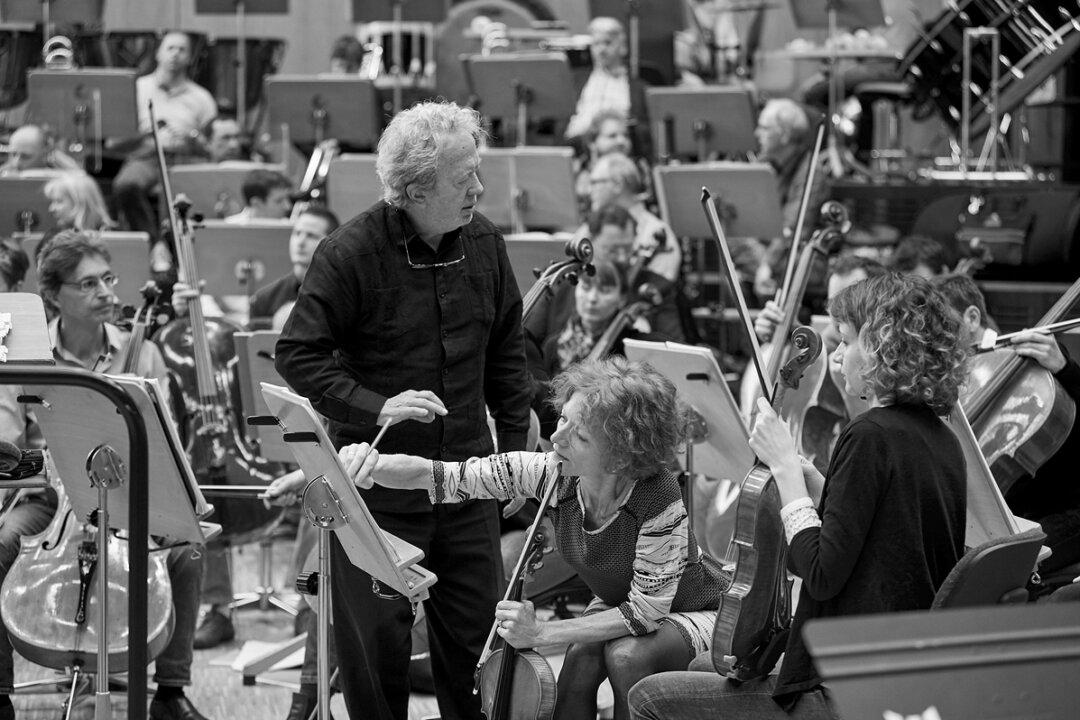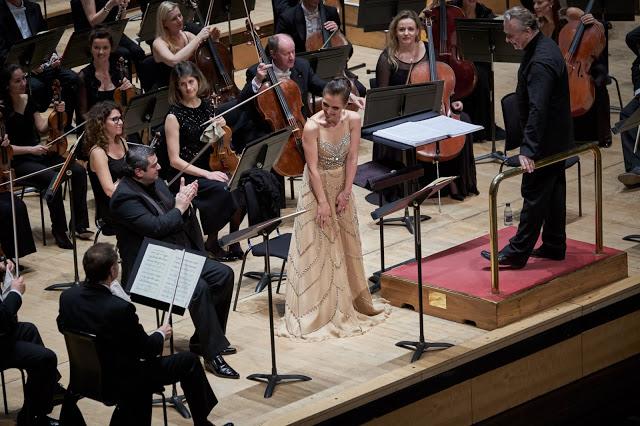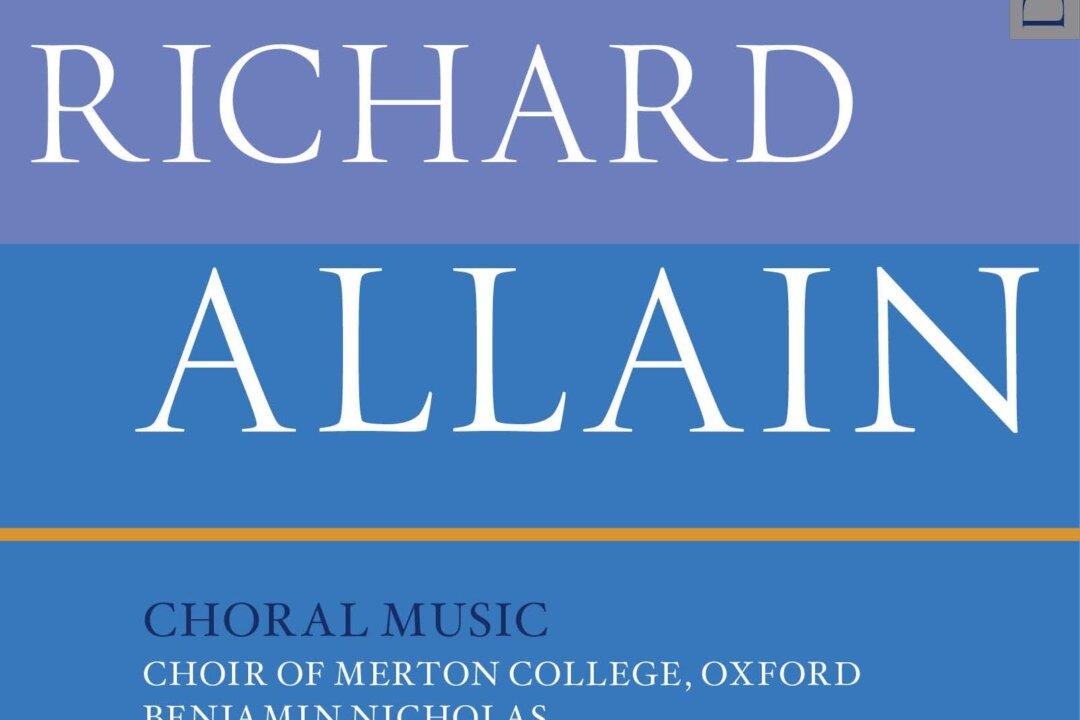Friday, March 8, 2019, was the 150th anniversary of the death of Hector Berlioz, and commemorations included a performance of his “Grande messe des morts (Requiem)” at St. Paul’s Cathedral in London. John Nelson conducted the Philharmonia Orchestra, the London Philharmonic Choir, the Philharmonia Chorus, and tenor Michael Spyres.
I was lucky enough to be able to catch up with Nelson in a break from rehearsals to chat about Berlioz’s “Requiem” and Nelson’s other plans for performances of Berlioz this year.





